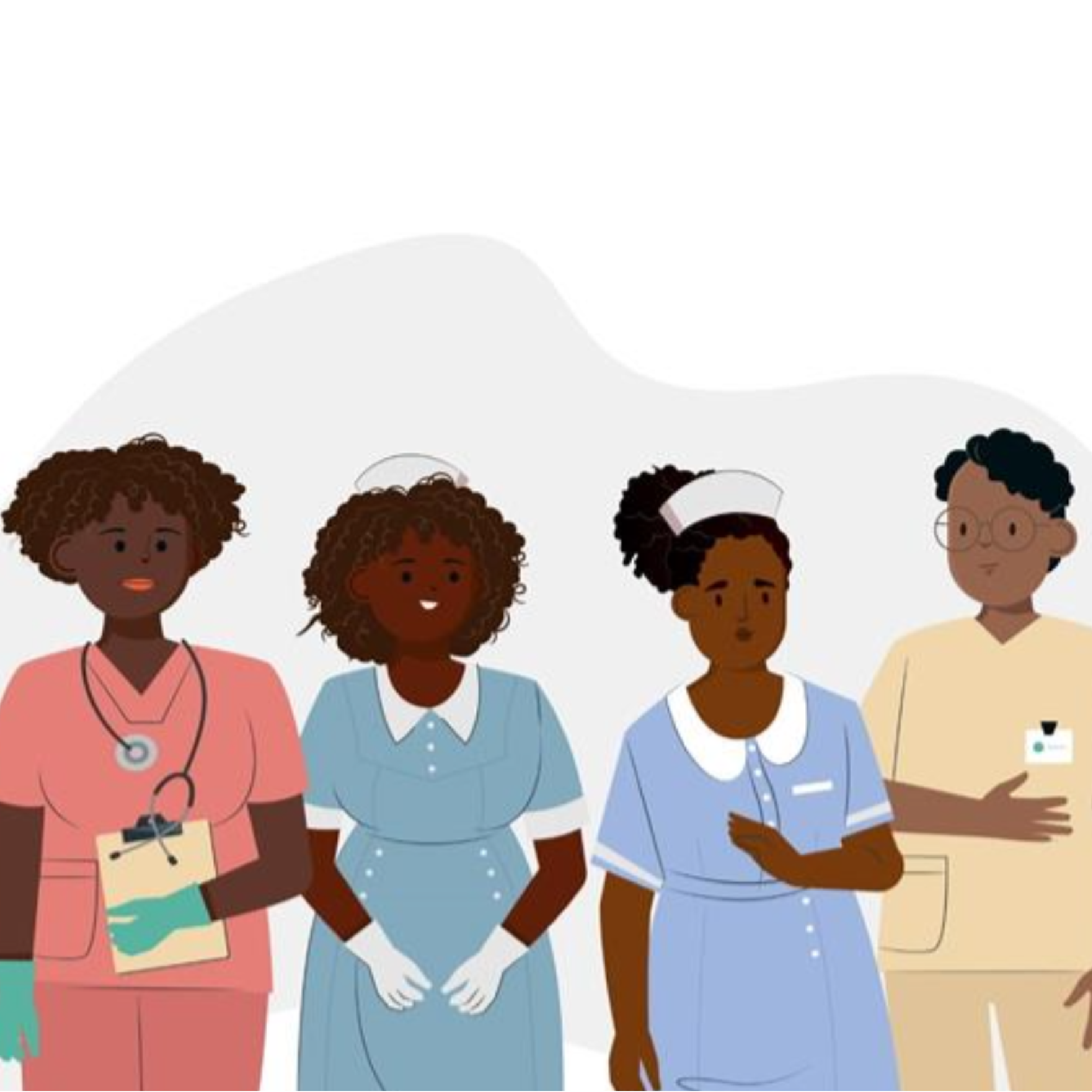
Course Introduction
Violence against women, including intimate partner violence and sexual violence, is pervasive globally and leads to significant physical, sexual, and mental health problems. As a public health crisis, it demands a strong coordinated response from health systems, leaders, and workers worldwide.
Course Purpose
The following course is designed to introduce regional, sub-regional, and national actors to public health mandates, plans, frameworks, and essential services packages and best practices for operationalizing subregional, multisectoral and coordinated public health responses to violence against women and children in the Caribbean. Based on PAHO, UNFPA, and WHO manuals and technical resources, it aims to strengthen the institutional capacity of health leaders, policymakers, and workers in the Caribbean, based on a multisectoral approach.
Course Objectives
- Introduce learners to intimate partner and sexual violence: including what it entails, its short- and long-term consequences, why it happens, and its prevalence (with an emphasis on cases in the Caribbean).
- Introduce learners to models, protocols, standard operating procedures, and essential services packages to ensure access to survivor-centered care, appropriate referral mechanisms and multisectoral coordination, comprehensive regional, sub-regional, and national health governance, and provision of robust evidence to inform policy at the regional, sub-regional, and national level.
- Develop skills for the design, planning and implementation of regional, sub-regional, and national policies, mandates, plans, and service delivery to create and bolster a multisectoral and coordinated response to violence against women and their children, at the regional, sub-regional, and national level.
Target Audience
The course is designed for regional, sub-regional, and national health leaders, policymakers, and workers throughout the Caribbean including those responsible for implementing regional public health policy and mandates and for coordinating a multi-sectoral response to violence against women and children. This includes representatives from health sector as well as their colleagues from other sectors and institutions in the Caribbean, including regional representatives of CARICOM (including PANCAP), CARPHA, OECS, and other regional bodies engaged in health policy and programming, in addition to representatives from the government and civil society organizations.
Course Workload and Dedication
The course is open and available through PAHO’s Virtual Campus (VCPH). The course is designed to be completed at your own pace and to fit into your own schedule. It should take about 8 hours in total to complete, depending on the prior knowledge level of the participant.
We hope that you find this course engaging, and we hope that you explore further resources and the additional reading that is included.
Didactic Strategy
This is a self-study, free, open to the public and self-administered course. The modules have various educational materials such as: tables and infographics, videos, animations, case studies, questions to consider, further reading, and summaries.
Course Structure
This course is divided into three units:
UNIT A
- Module 1 - From Silence to Awareness: Definitions and Statistics of Violence Against Women and their Children
- Module 2 - Under the Microscope: Violence as a Multidimensional Phenomenon
- Module 3 - Shaping a Safer Future: Mandates and Plans to Prevent and Respond to Violence
- Module 4 - Connected Voices and Collective Impact: Taking a Holistic Approach to Eradicating Violence
UNIT B
- Module 1 - Leading the Way: Empowering Regional and Sub-Regional Actors and Member States
- Module 2 - Empowering Change: Strategies and Steps for Building a Response to Violence Against Women and Girls
- Module 3 - Unveiling the Truth: The Impact of Research on Eradicating Violence Against Women
UNIT C
- Module 1 - From Pain to Progress: Prioritizing Clinical Care for Survivors of Violence
- Module 2 - Unlocking Synergy: The Potential of Multisectoral Coordination and Referral Pathways
- Module 3 - Putting Her First: Survivor-Centered Clinical Tools and Evaluation
- Module 4 - Healing Hands: Elevating Health Workers’ Capacity
Acknowledgments
This course was developed by the Noncommunicable Diseases and Mental Health Department of the Pan American Health Organization/World Health Organization Regional Office for the Americas (PAHO/WHO) in partnership with the United Nations Population Fund’s (UNFPA) Sub-Regional Office for the Caribbean. We gratefully acknowledge the financial support of the European Union-funded Spotlight Initiative and of the Government of Germany for making this course possible.
